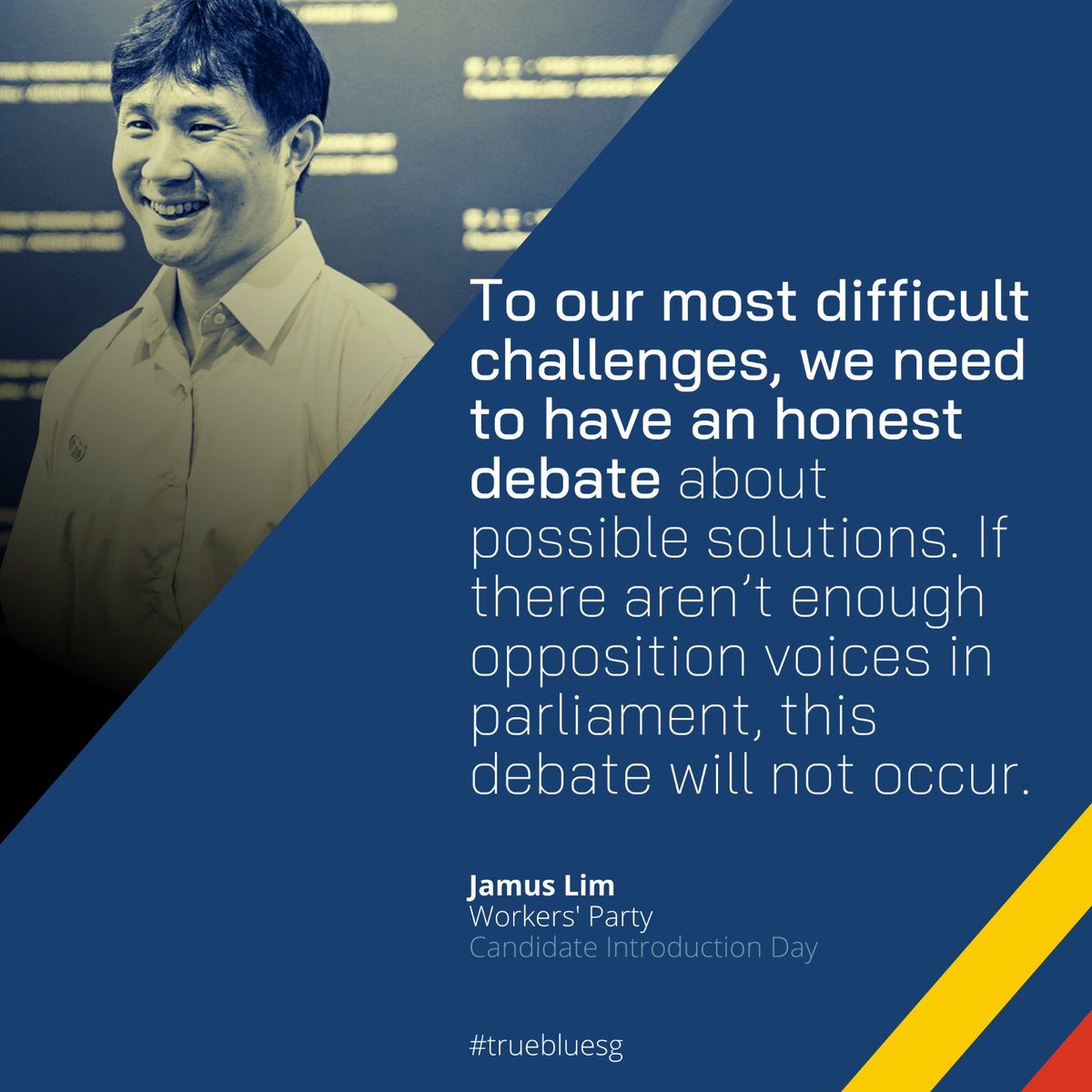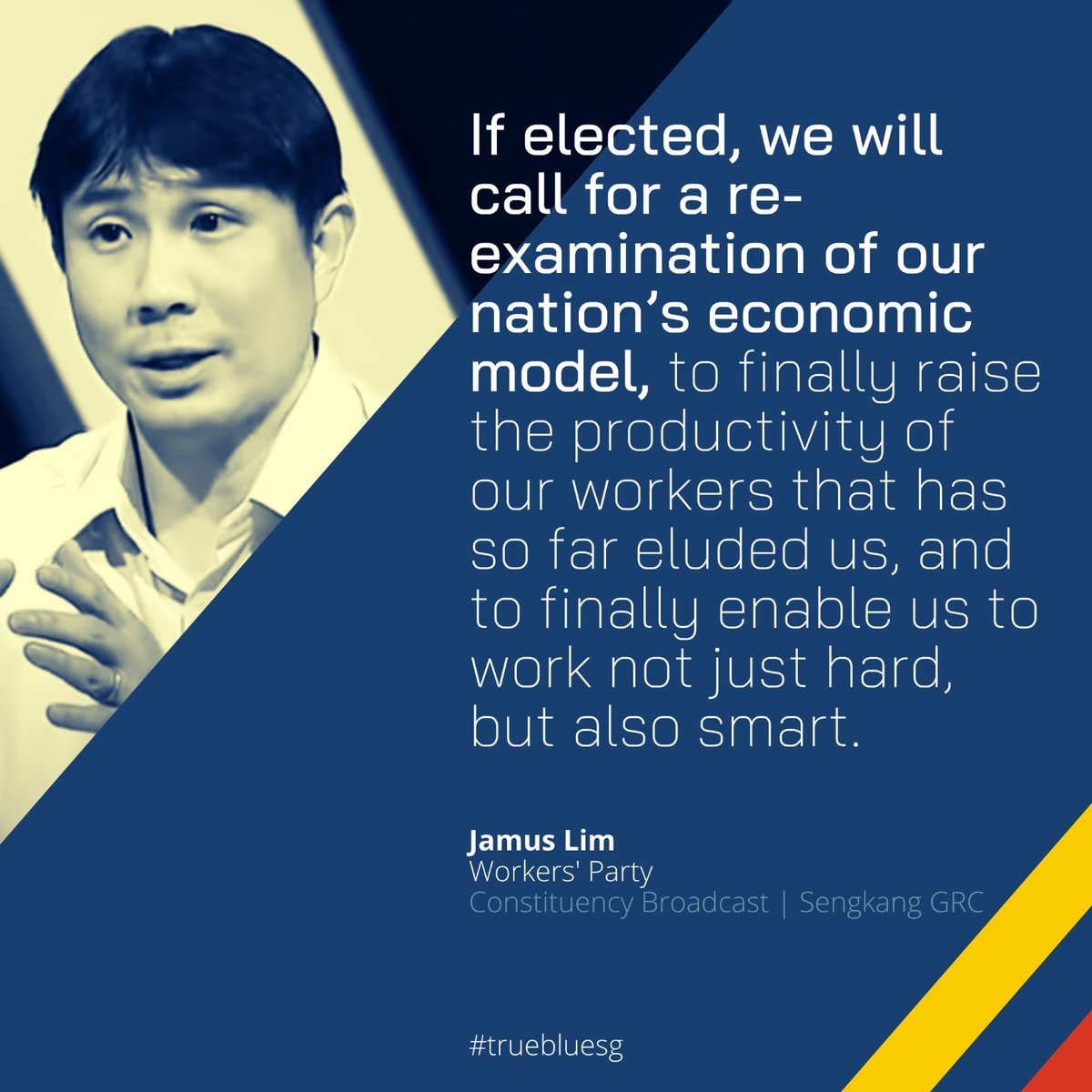
Economists define 3 main forms of unemployment: frictional (what happens when you move btw jobs); structural (when you lose your job because your industry is now defunct); and cyclical (when you’re fired because of a recession). In Singapore, the latter two are more relevant. 

The latter 2 are the forms that are targeted by a redundancy insurance (RI) scheme, which seeks to cushion the effects of involuntary job loss. RI works via risk pooling: with job displacements (and RI payouts) occurring at different times, the common cash pool remains liquid.
In addition to income replacement (which is often partial, to retain the incentive for job seeking, and also for financial sustainability), RI can reduce the psychic sense of insecurity that results from losing one’s job (which can also promote entrepreneurial risk taking).
RI can always be a private sector-led initiative, of course. But a single-payer structure (with govt as lead) allows efficient risk pooling & limits moral hazard (where people quit willy-nilly since they have a fallback) + adverse selection (where those with secure jobs opt out).
RI is actually remarkably common in countries worldwide, not just in the developed West; China, Japan, Korea, and Thailand have forms, as do Bahrain and Chile. Each system has different income replacement rates, benefits duration, qualifying criteria, and contribution rates.
The #workersparty manifesto for #ge2020sg proposes an RI scheme to supplement our other social safety net elements, such as min wages, maternal workforce reentry, and CPF usage reform. Our proposal will cost $4/mo, with a payout of 40%, ranging from $500 (min) and $1,200 (max).
Just as important, RI offers workers dignity as they transition away from employment, as well as peace of mind for those attempting to upgrade skills as they remain out of work. More here: wpsg.s3-ap-southeast-1.amazonaws.com/perspectives/W… #makeyourvotecount #workersparty
• • •
Missing some Tweet in this thread? You can try to
force a refresh








